
Trivia Questions
Introduction to Trivia Questions
Trivia questions are a delightful way to engage with knowledge across various topics, from history and science to pop culture and geography. They serve not only as a source of entertainment but also as a means to learn new facts and challenge one’s memory. Whether you are hosting a game night, looking for educational activities for students, or simply testing your own knowledge, trivia questions can be a fun and enriching experience.
Types of Trivia Questions
Trivia questions can be categorized into several types, making them suitable for different audiences and occasions. Here are some common categories:
- General Knowledge: These questions cover a broad range of topics and are perfect for mixed groups. They can include anything from famous historical events to scientific discoveries.
- Pop Culture: Questions in this category focus on current trends, celebrities, movies, and music. They are particularly engaging for younger audiences who are familiar with contemporary references.
- Geography: Geography trivia questions can test knowledge about countries, capitals, landmarks, and geographical features. This category is great for educational settings.
- Food and Drink: These questions can range from culinary techniques to famous dishes from around the world. They are ideal for food enthusiasts and can spark interesting conversations.
- Kid-Friendly: Tailored for younger participants, these questions often include themes from popular children's shows, cartoons, and simple facts that are easy to understand.
Why Use Trivia Questions?
Incorporating trivia questions into gatherings or educational settings can have numerous benefits:
- Enhances Learning: Trivia can be a powerful educational tool, helping students retain information in a fun and engaging way.
- Encourages Social Interaction: Trivia games promote teamwork and communication, making them a great icebreaker in social situations.
- Stimulates Critical Thinking: Answering trivia questions requires recall and reasoning, which can enhance cognitive skills.
- Provides Entertainment: Trivia is simply enjoyable. It can lighten the mood and create a lively atmosphere, whether at a party or in a classroom.
How to Create Your Own Trivia Questions
Creating trivia questions can be a rewarding experience. Here are some steps to help you get started:
- Choose a Theme: Decide on a theme or category for your trivia questions. This could be anything from a specific decade in music to world history.
- Research: Gather information and facts related to your chosen theme. Ensure that your sources are credible to provide accurate answers.
- Craft Questions: Write clear and concise questions. Aim for a mix of easy and challenging questions to cater to different knowledge levels.
- Test Your Questions: Before using your trivia questions in a game, test them out on a few friends or family members to gauge their difficulty and clarity.
Engaging with Trivia Questions
Trivia questions can be used in various formats, such as quizzes, games, or classroom activities. Here are some ideas on how to engage with trivia:
- Trivia Nights: Organize a trivia night with friends or family. You can create teams and keep score to add a competitive edge.
- Classroom Activities: Teachers can incorporate trivia questions into lessons to make learning interactive and fun.
- Online Quizzes: Utilize online platforms to create and share trivia quizzes. This can be a great way to connect with others virtually.
- Social Media Engagement: Post trivia questions on social media to engage followers and spark discussions.
Conclusion
Trivia questions are more than just a fun pastime; they are a versatile tool for learning and social interaction. Whether you are a trivia aficionado or a casual participant, there is always something new to discover. So gather your friends, prepare some questions, and enjoy the enriching experience that trivia has to offer.





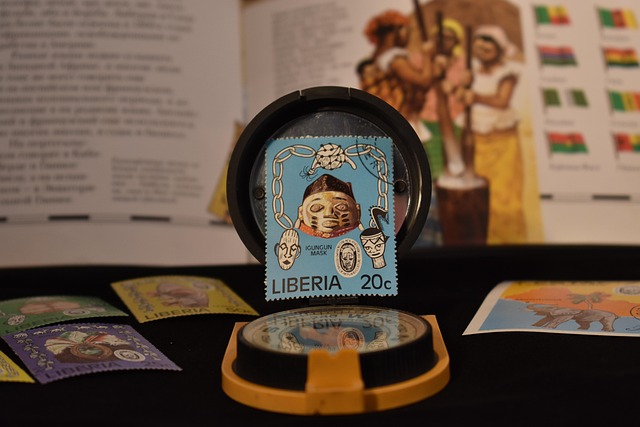

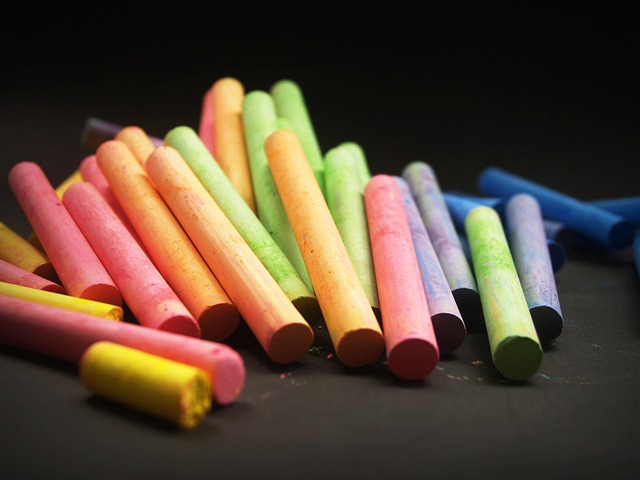


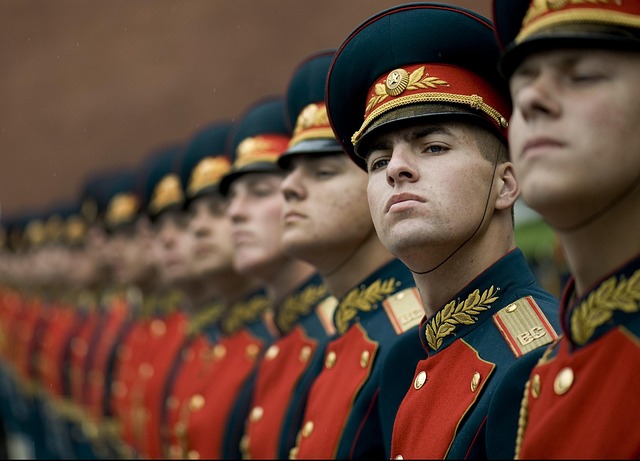
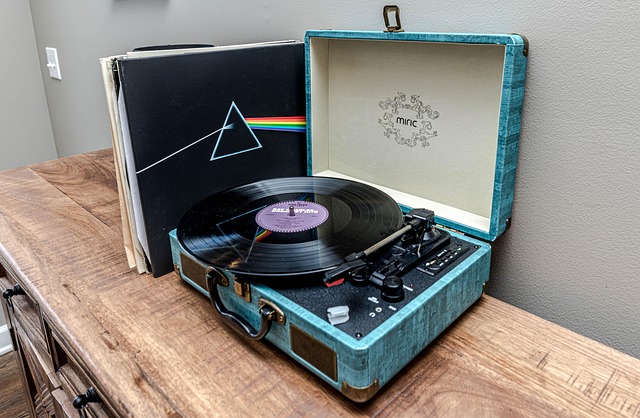




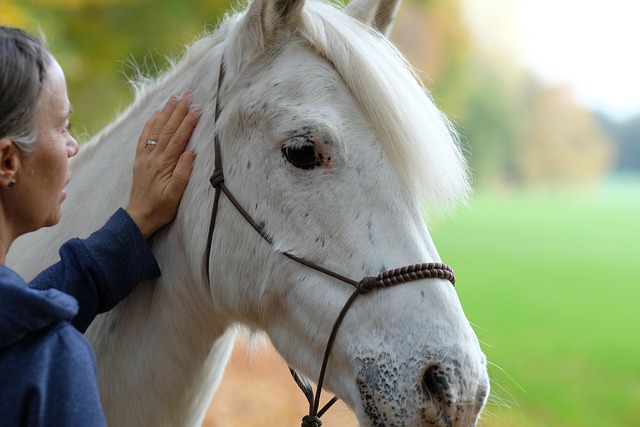
 Meet Valeria and Camila: The Dynamic Duo
Meet Valeria and Camila: The Dynamic Duo 
 Health
Health  Fitness
Fitness  Lifestyle
Lifestyle  Tech
Tech  Travel
Travel  Food
Food  Education
Education  Parenting
Parenting  Career & Work
Career & Work  Hobbies
Hobbies  Wellness
Wellness  Beauty
Beauty  Cars
Cars  Art
Art  Science
Science  Culture
Culture  Books
Books  Music
Music  Movies
Movies  Gaming
Gaming  Sports
Sports  Nature
Nature  Home & Garden
Home & Garden  Business & Finance
Business & Finance  Relationships
Relationships  Pets
Pets  Shopping
Shopping  Mindset & Inspiration
Mindset & Inspiration  Environment
Environment  Gadgets
Gadgets  Politics
Politics 